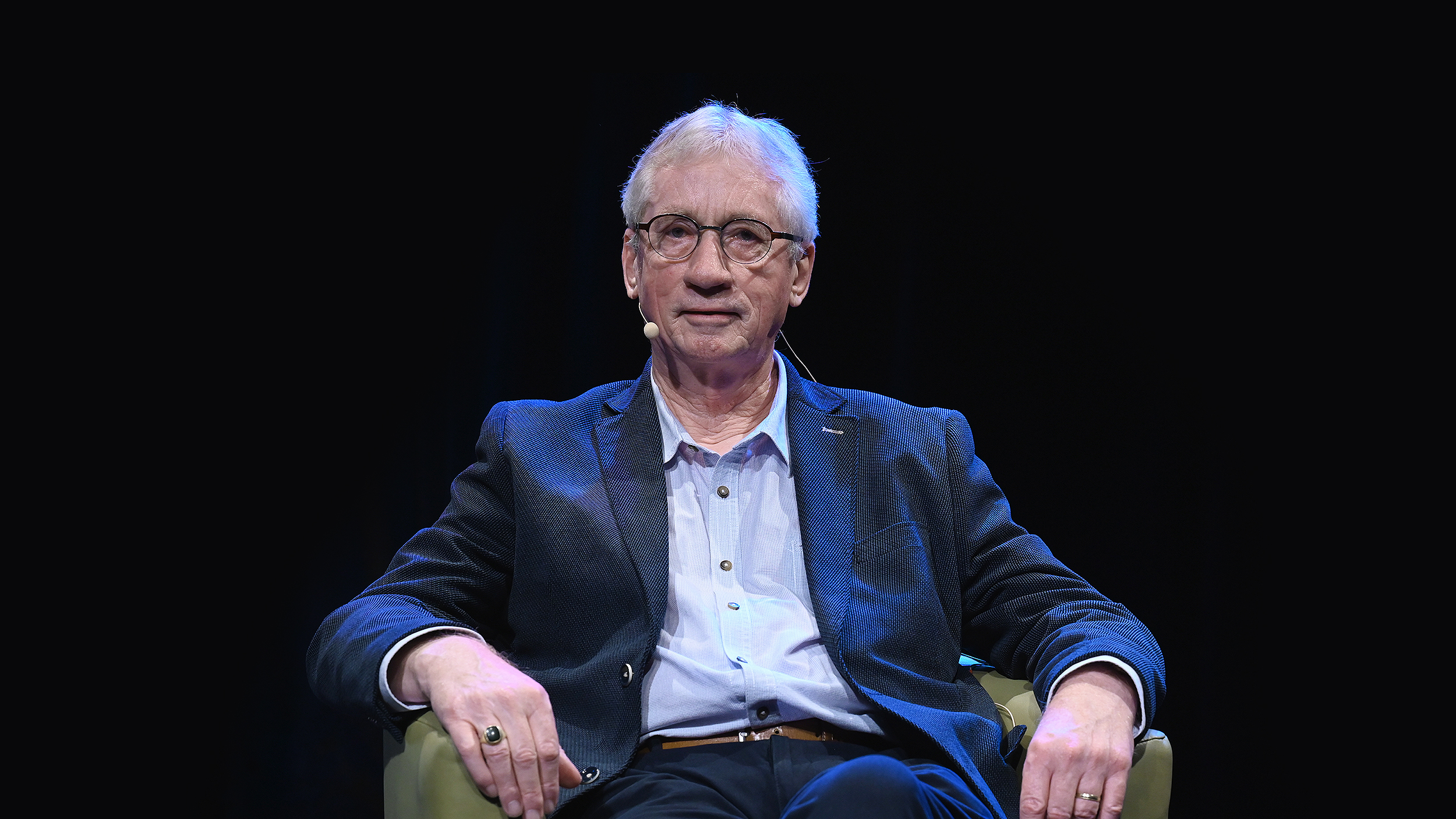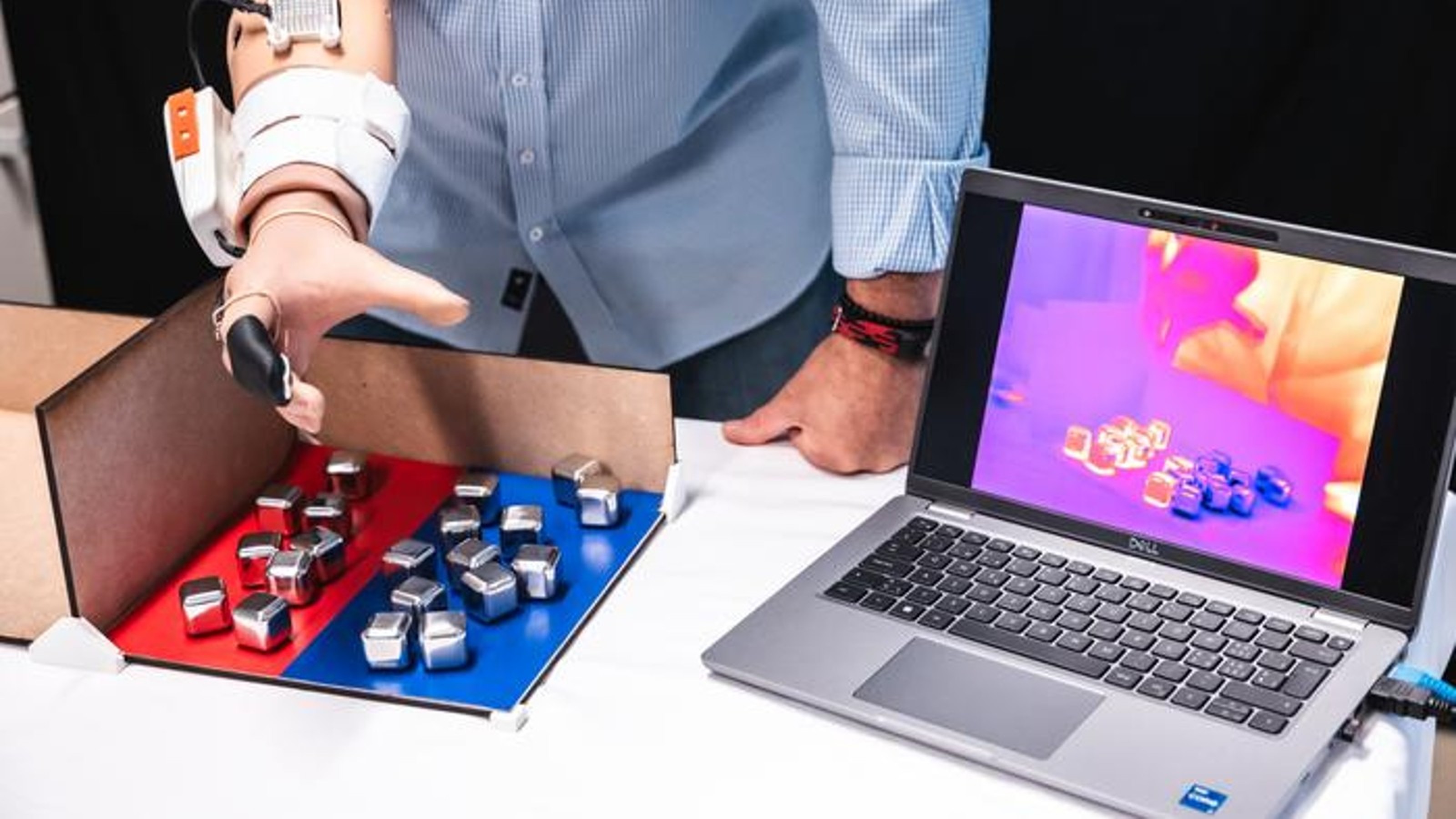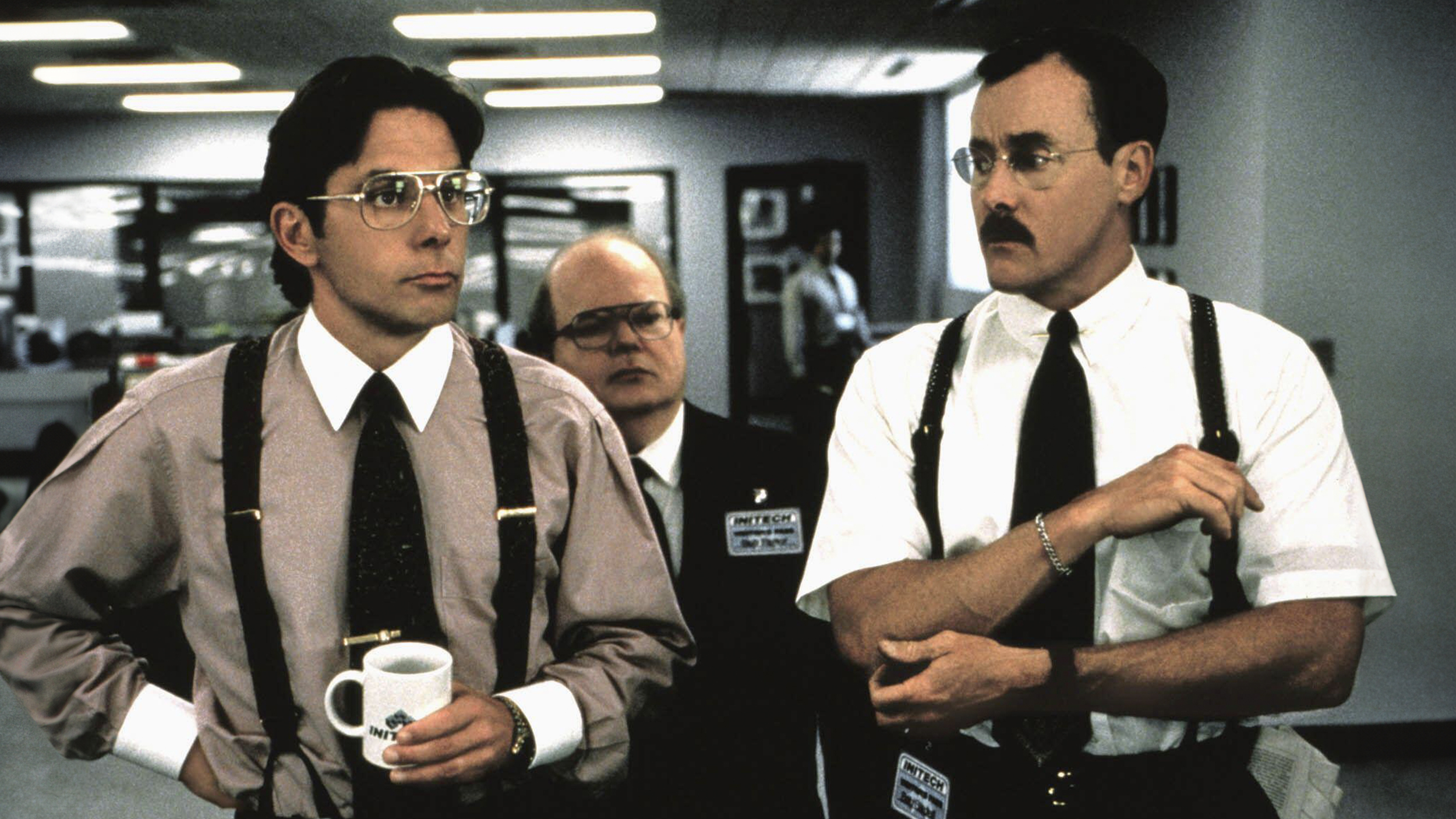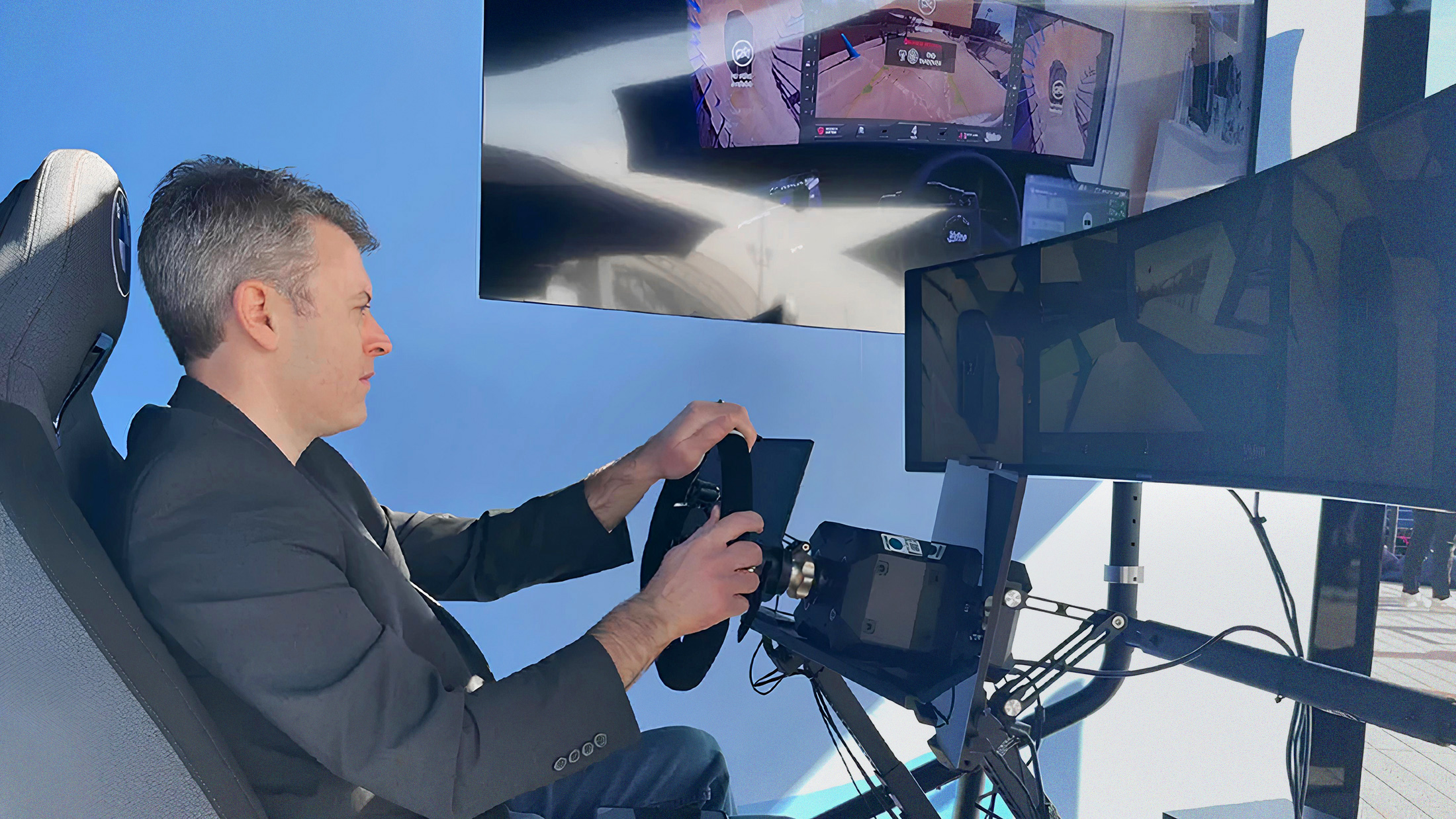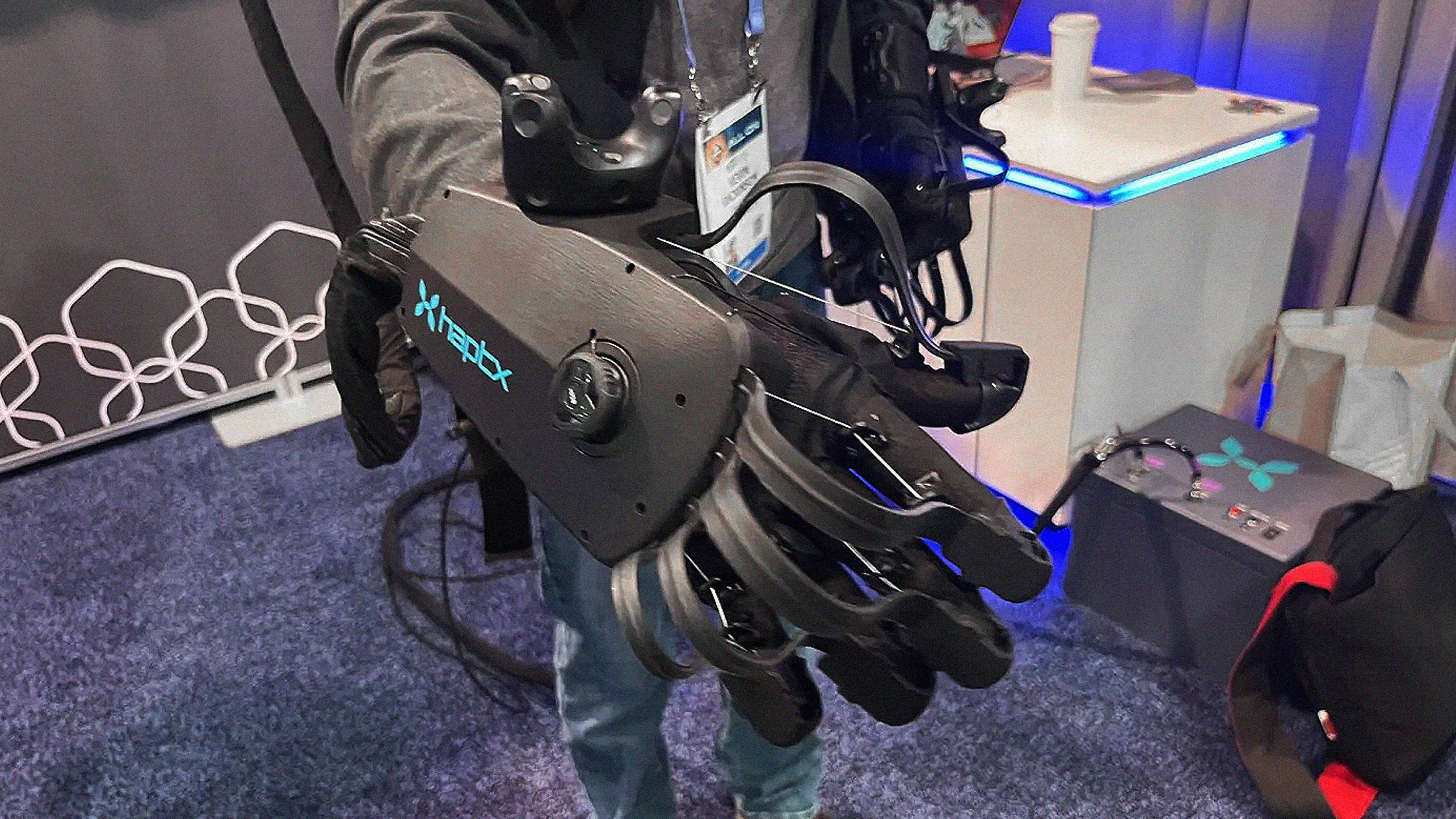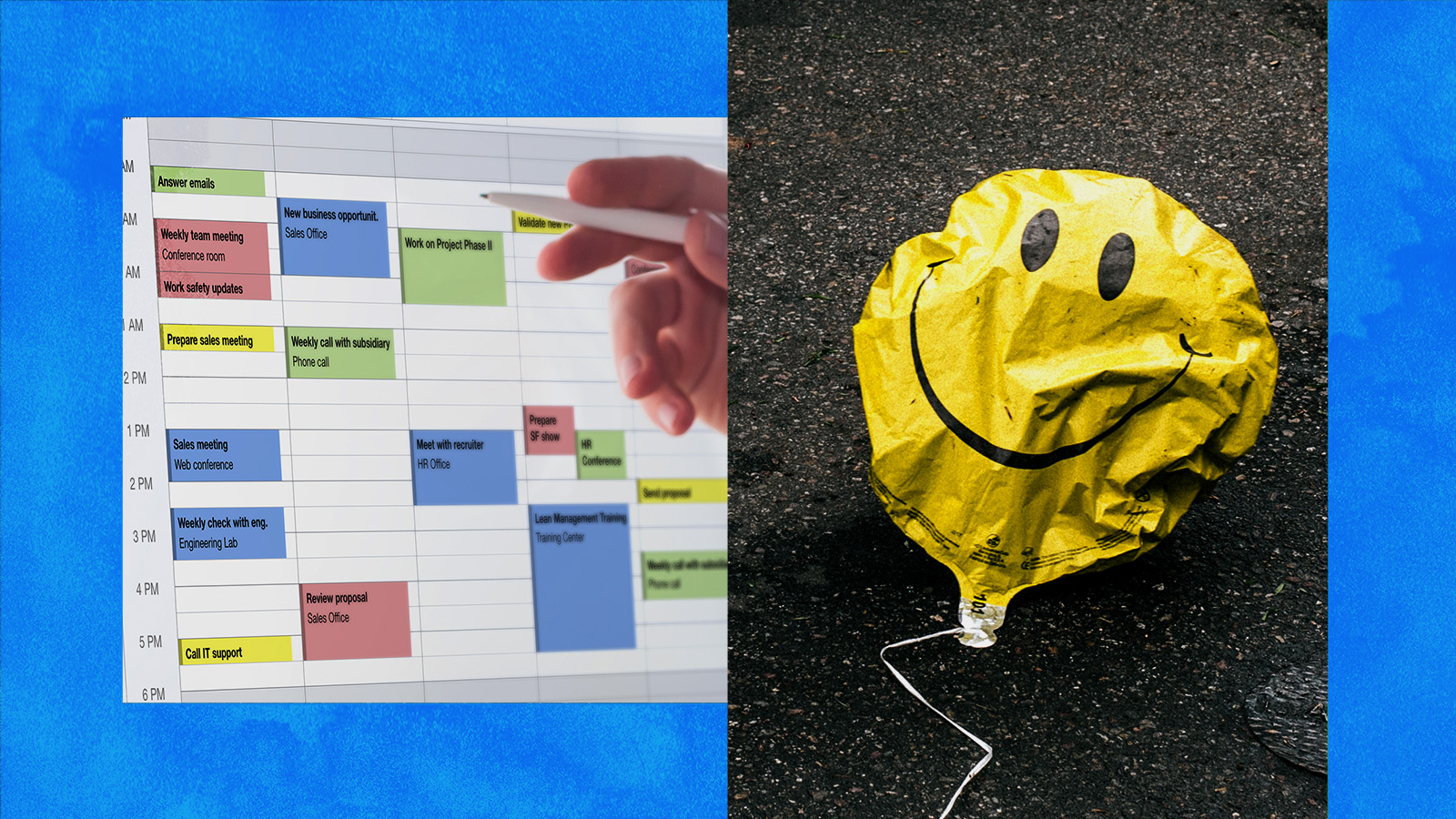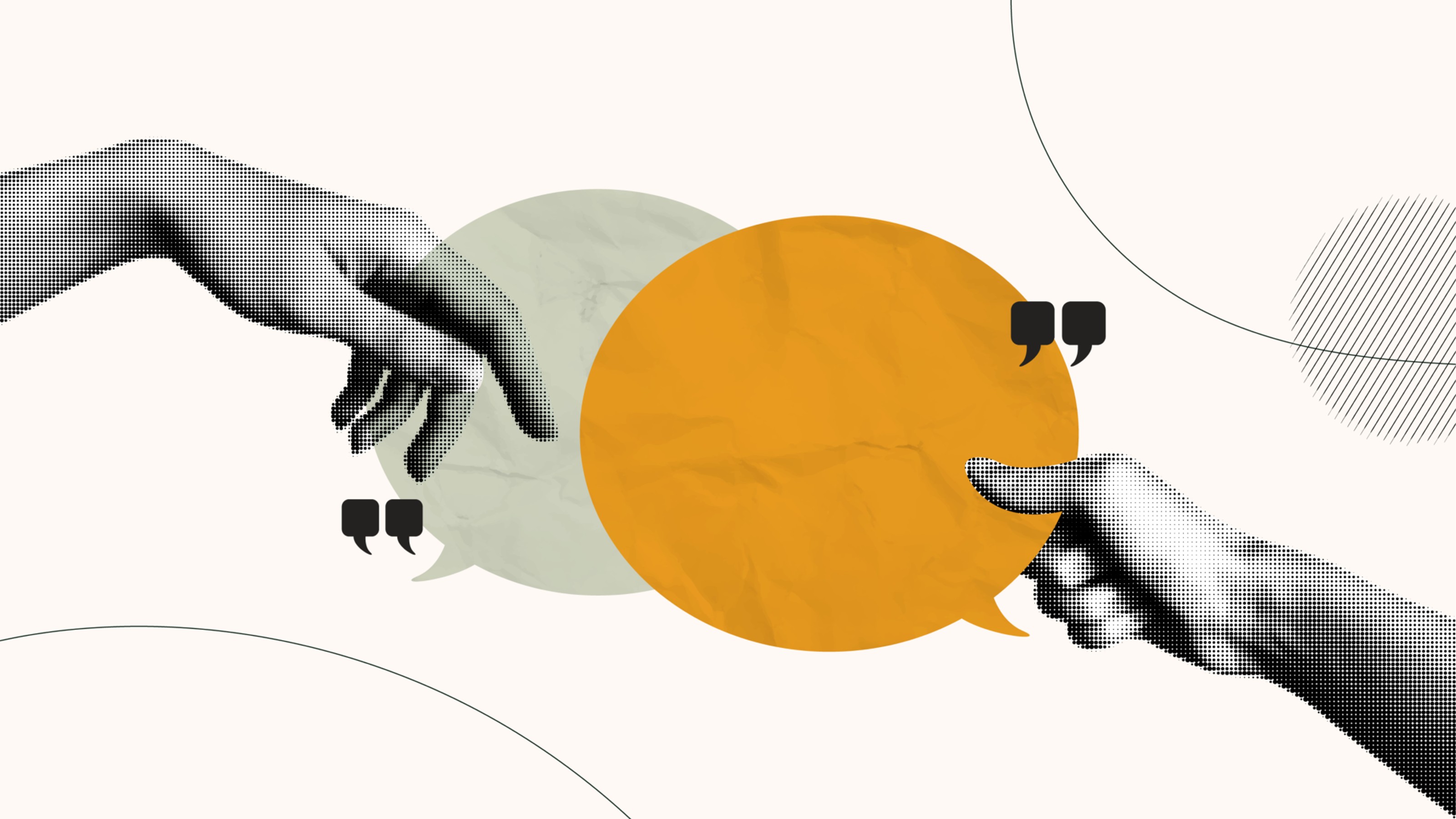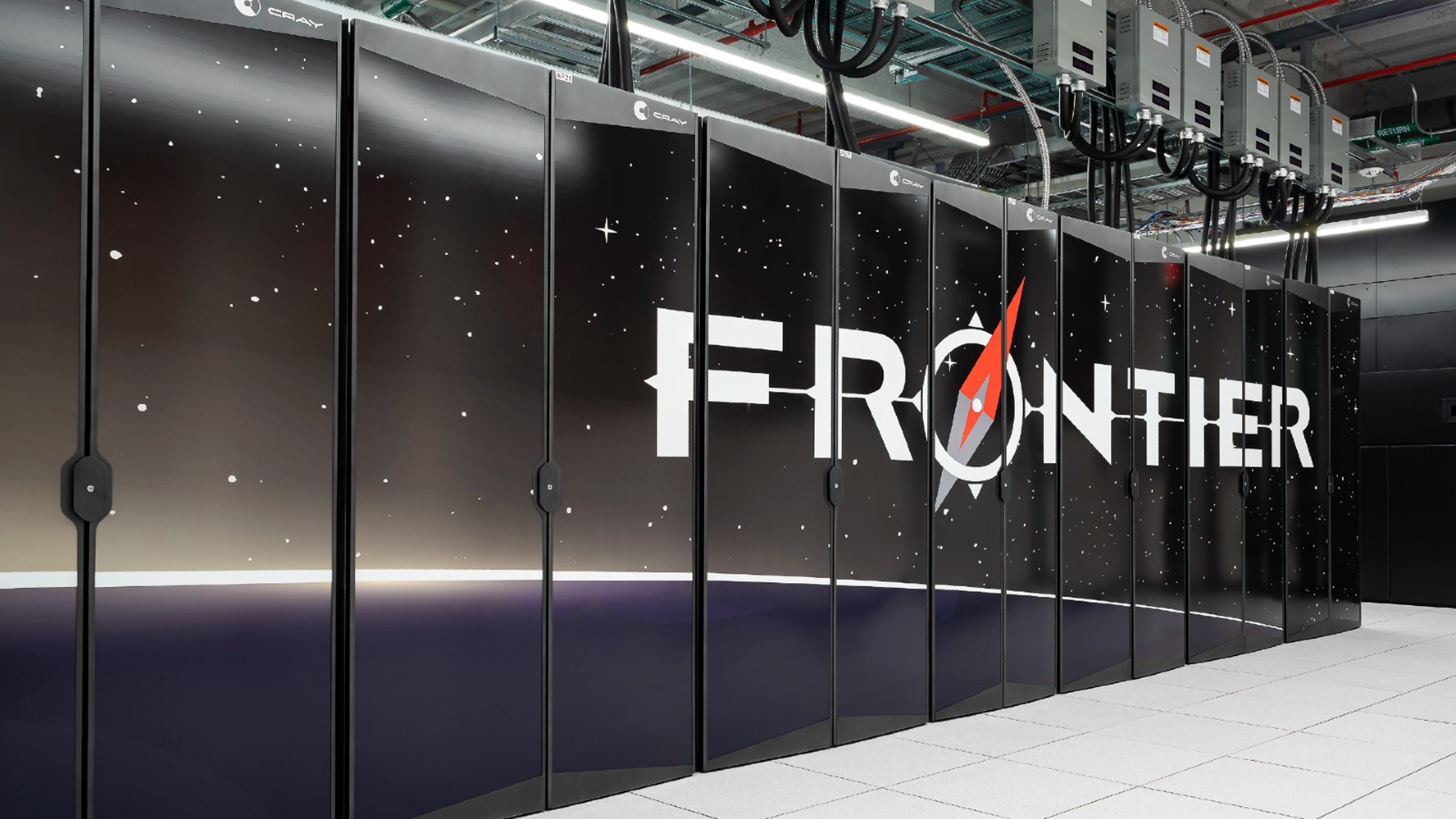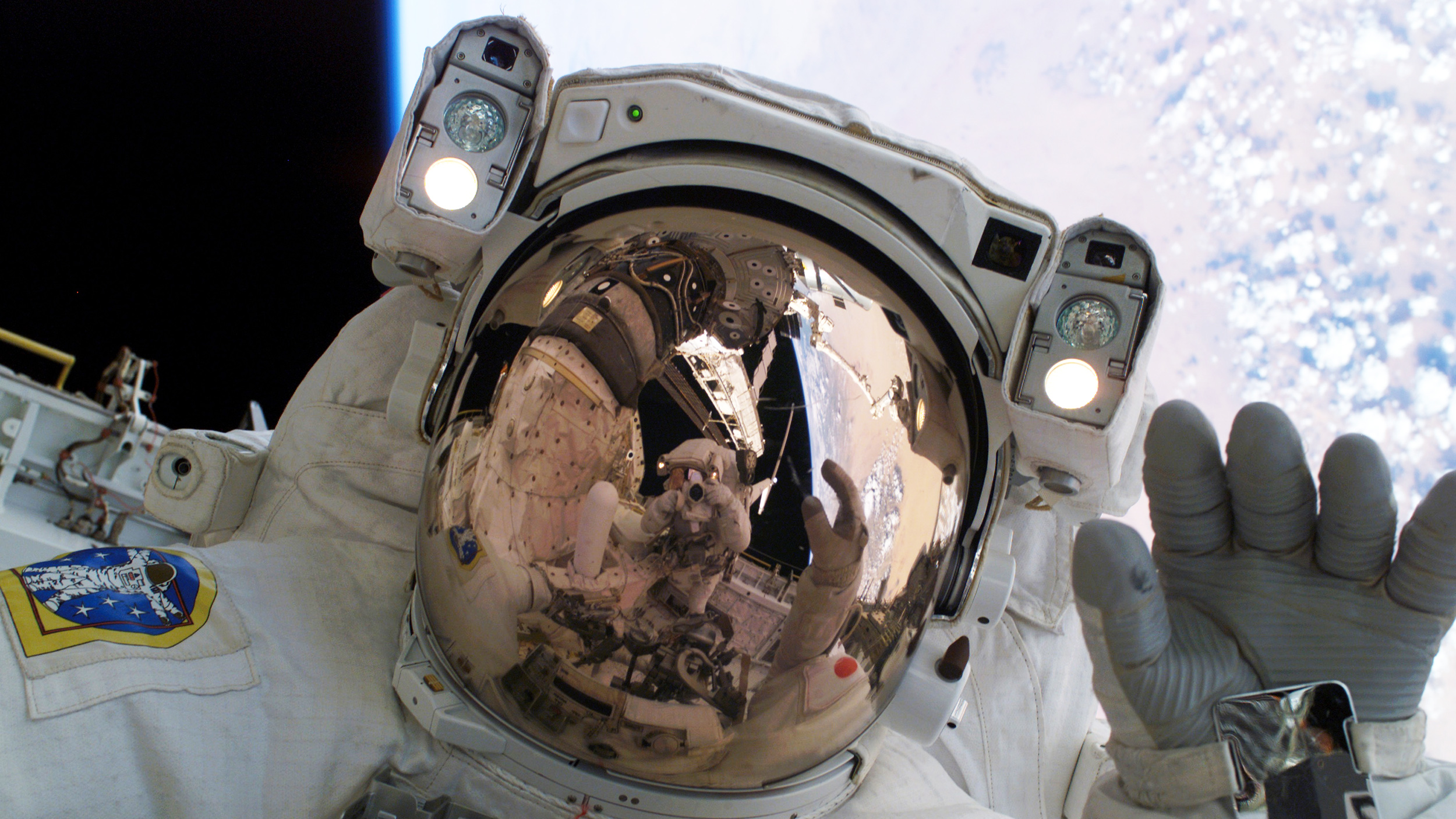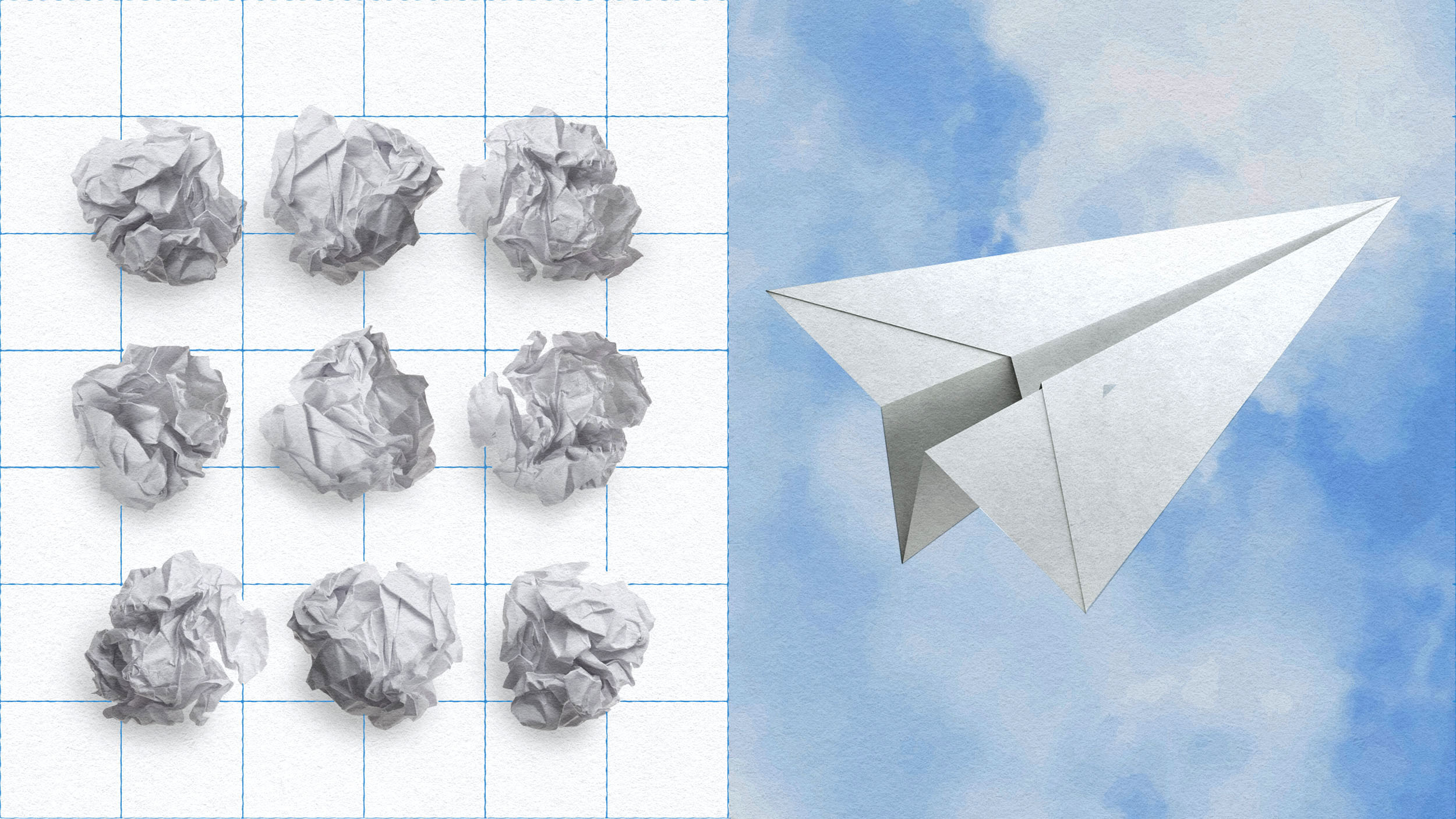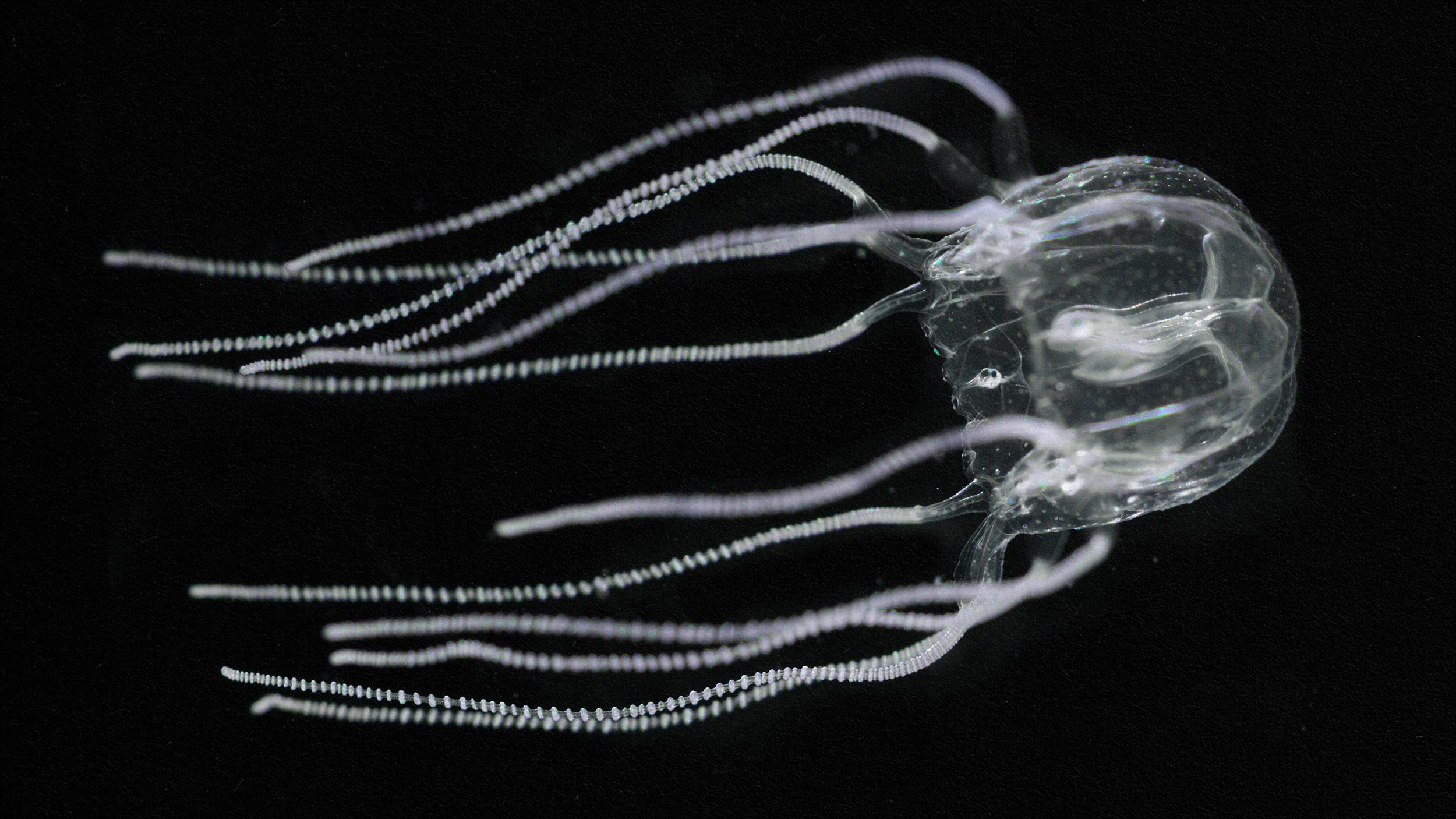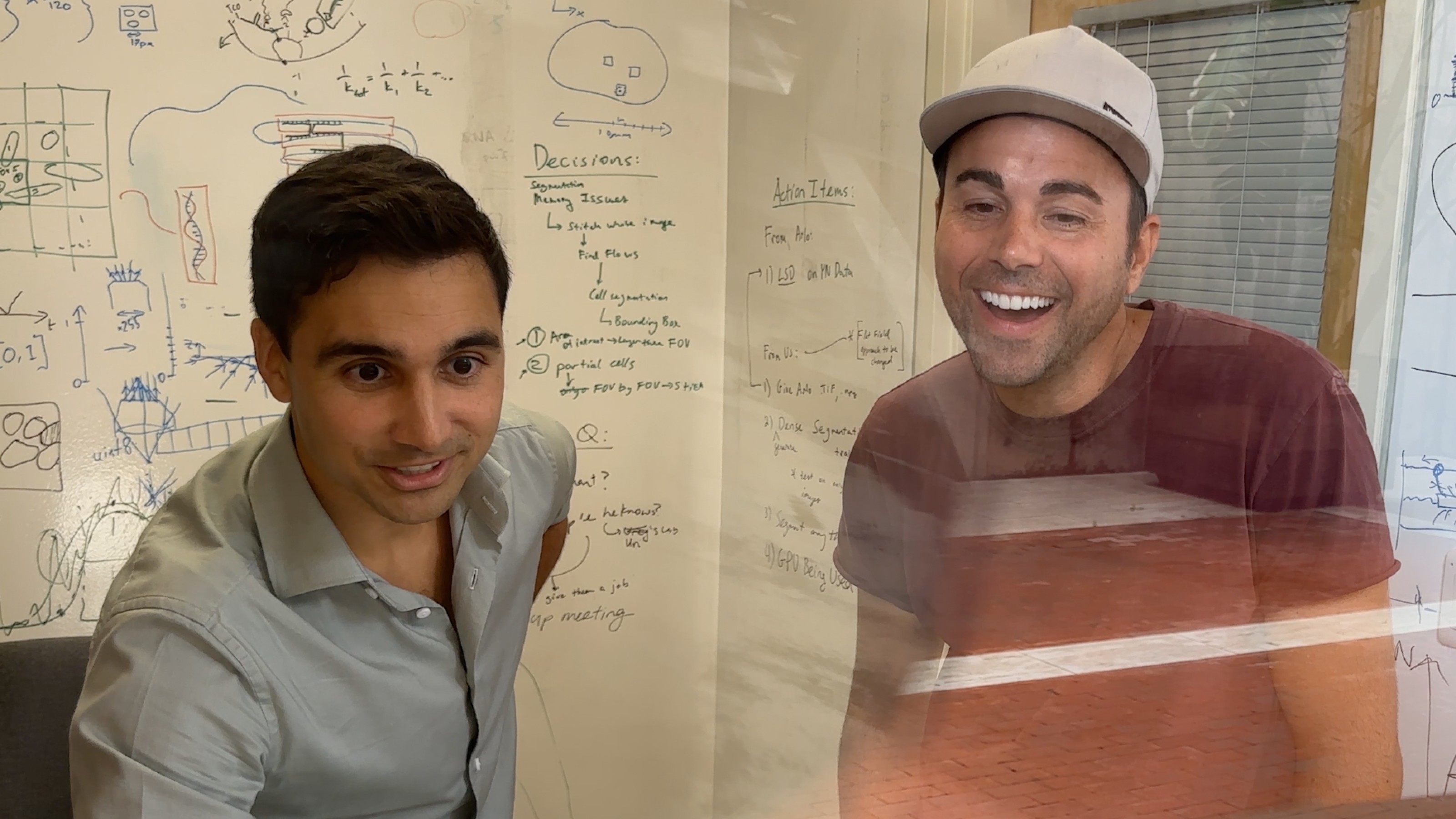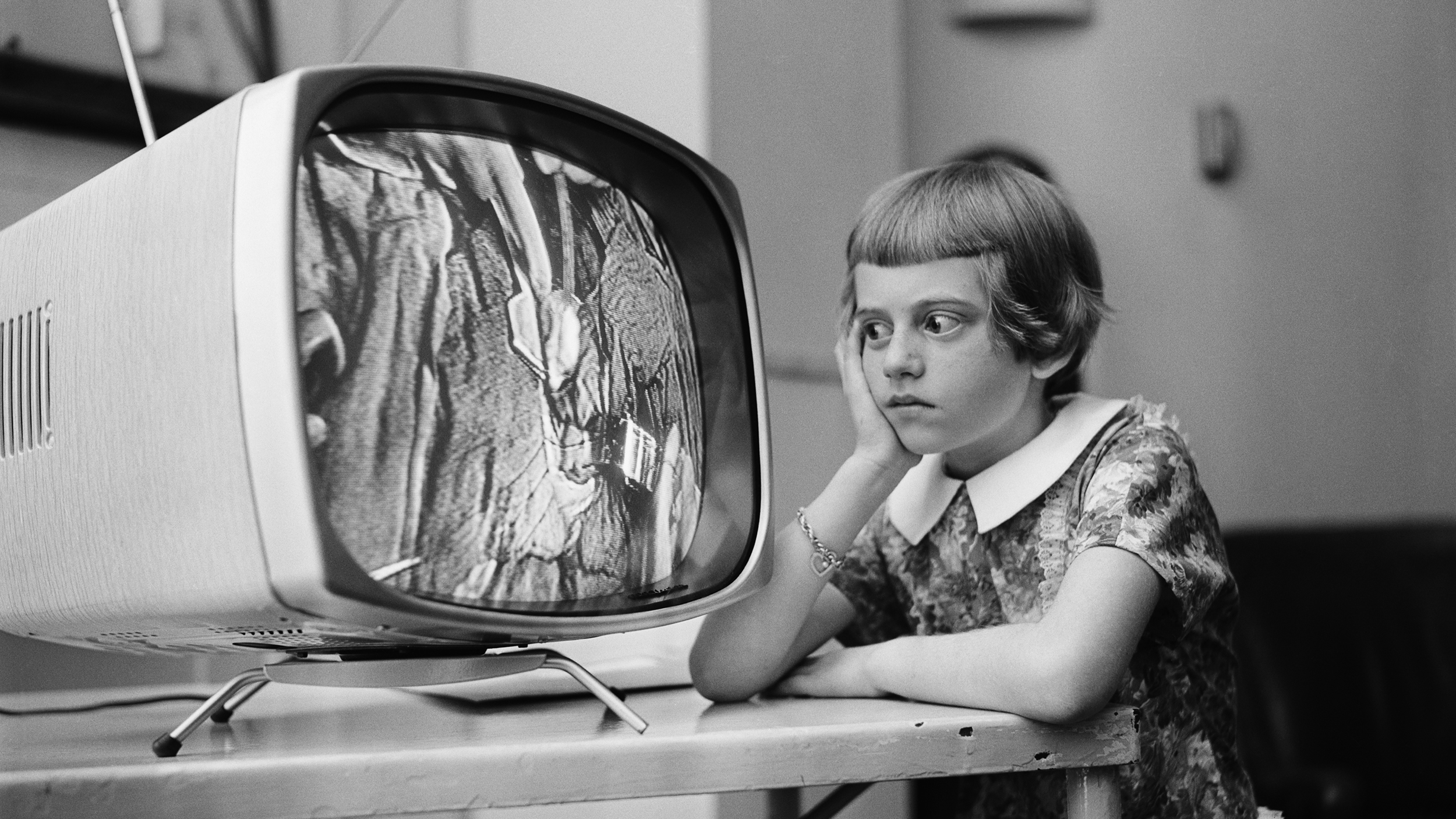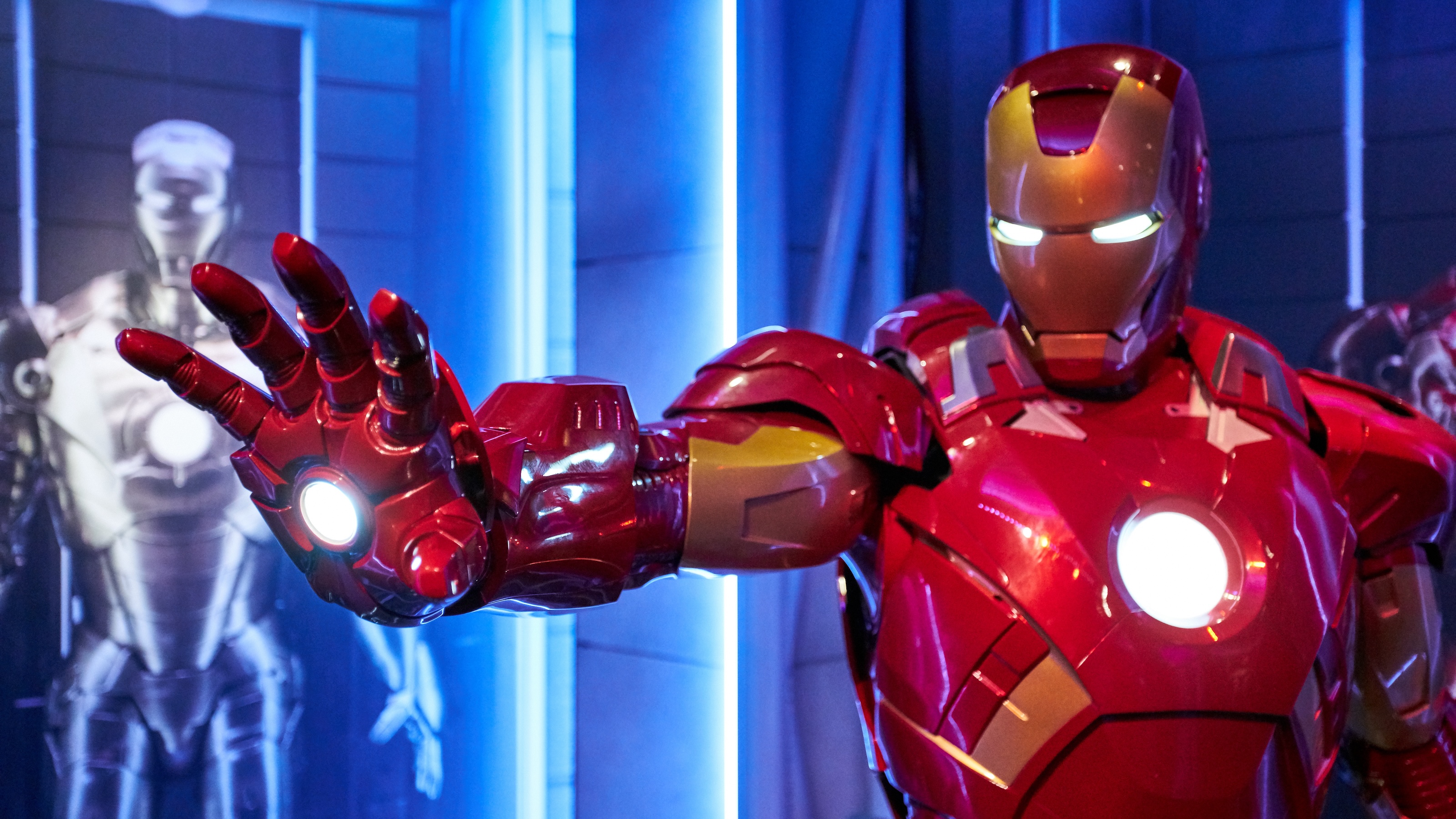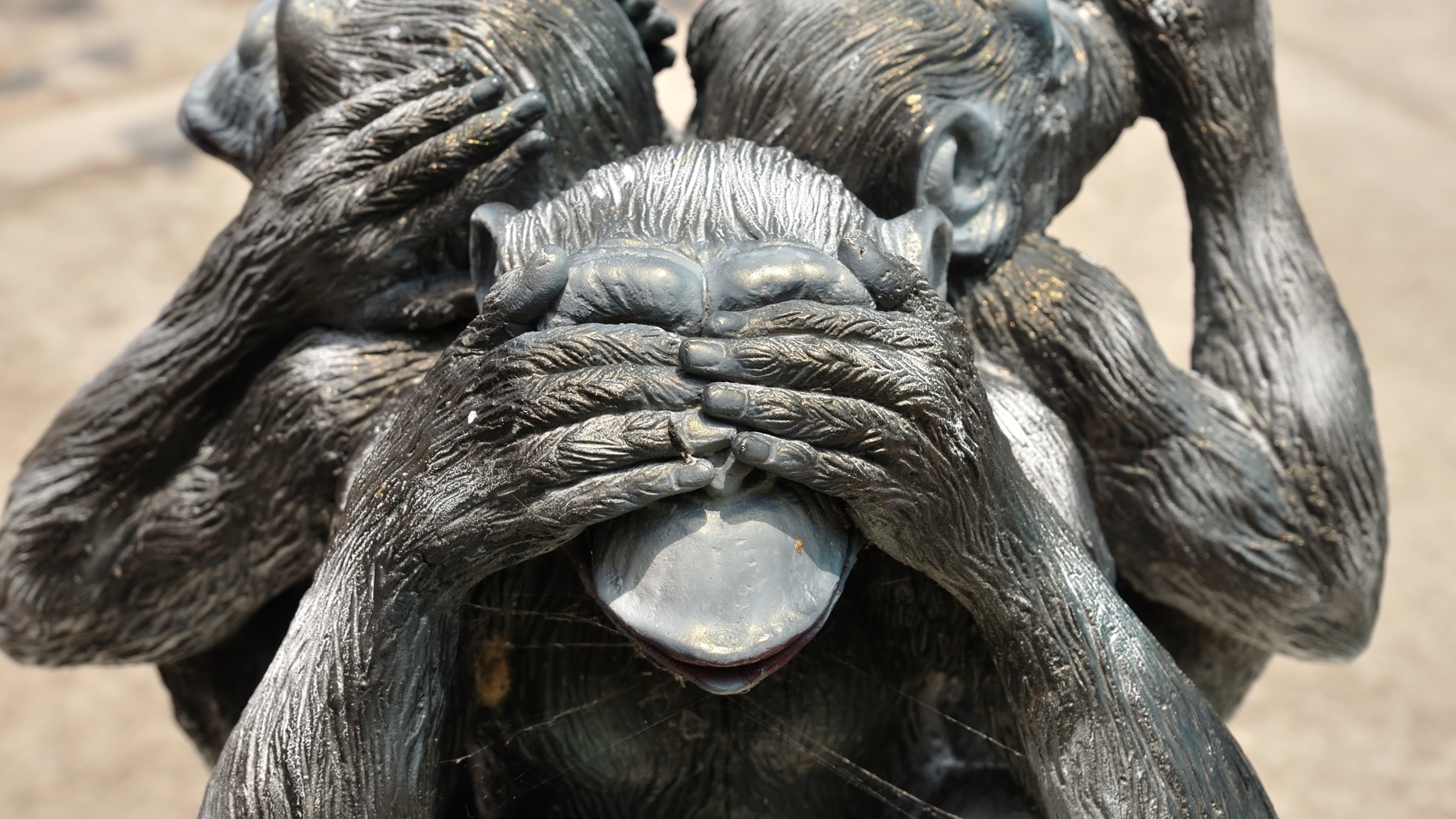Kevin Dickinson
Kevin Dickinson is a staff writer and columnist at Big Think. His writing focuses on the intersection between education, psychology, business, and science. He holds a master’s in English and writing, and his articles have appeared in Agenda, RealClearScience, and the Washington Post. Follow him on LinkedIn and Twitter @KevinRDickinson.

His career helped define humanity’s place in the world by bringing us “a little closer” to our ape relatives.
Memories aren’t mental recordings, but pliable information we can use to better manage the present and conjure future possibilities.
Alli Webb, co-founder of Drybar, has a message for up-and-coming leaders: Embrace the mess!
Bertrand Russell shows us how to recognize emotional arguments smuggled into presumed statements of fact.
Its creators hope the technology will help people meaningfully connect with the external world.
We can’t always change our horrible bosses — but we can transform the ways we interact with them.
Defy conventional startup wisdom by charting a steady and impactful path to success.
From AI to health and the metaverse, this year’s CES promised new tech that will change lives long after the excitement of the latest TV wears off.
Psychologist Noel Brick shares the mental techniques we can use to improve our performance on and off the field.
BMW found it’s possible to remote-drive vehicles using available technology. All it takes is some software updates and a cellular network connection.
HaptX gloves provide high-fidelity touch feedback of virtual spaces (and they look cool, too).
Organizational scientist Steven Rogelberg discusses the common meeting mistakes leaders make and how they can change course.
Actor and science communicator Alan Alda shares his three rules of three for effective and empathic communication.
Many conversations start awkwardly and derail from there, but a few simple techniques can put them back on track.
Frontier, the ORNL supercomputer, used machine learning to perform 9.95 quintillion calculations per second.
Former spacewalker Mike Massimino tells Big Think how NASA missions shaped great leaders.
From “The Castle of Otranto” to “The Lord of the Rings” trilogy, these books changed the literary landscape.
When we prepare for our plans to go wrong, we build the foundations for lasting profit.
ÄIO’s fermentation process creates healthy, sustainable oils and fats by upcycling low-value industry organics.
Lab experiments showed Caribbean box jellyfish are quick studies of their environment.
Today, the F-word is enjoying a renaissance the likes of which it hasn’t seen since, well, the Renaissance.
It’s not just fun: DNA origami has the potential to revolutionize engineering at the nanoscopic scale.
These nematodes complicate how we understand evolutionary lineages.
The modern attention economy hijacks our ability to focus, but an ancient technique offers a means to get it back.
Stories of child prodigies and the naturally gifted hide the fact that success is built on more than talent alone.
A unique combination of DNA and silica is the strongest known material for its density (but you’ll need a lot of it before you can build a suit from it).
In our competitive world, fortune does not appear to favor the humble — but a strong counter-narrative is emerging.
Survivorship bias occurs when we fail to consider how data was collected. To combat this, search for the “silent evidence.”
We all have a place in our lives where we look the other way and pretend everything is fine. It’s a built-in excuse to act selfishly.
In an environment of impressive IQs, emotional intelligence makes all the difference.
